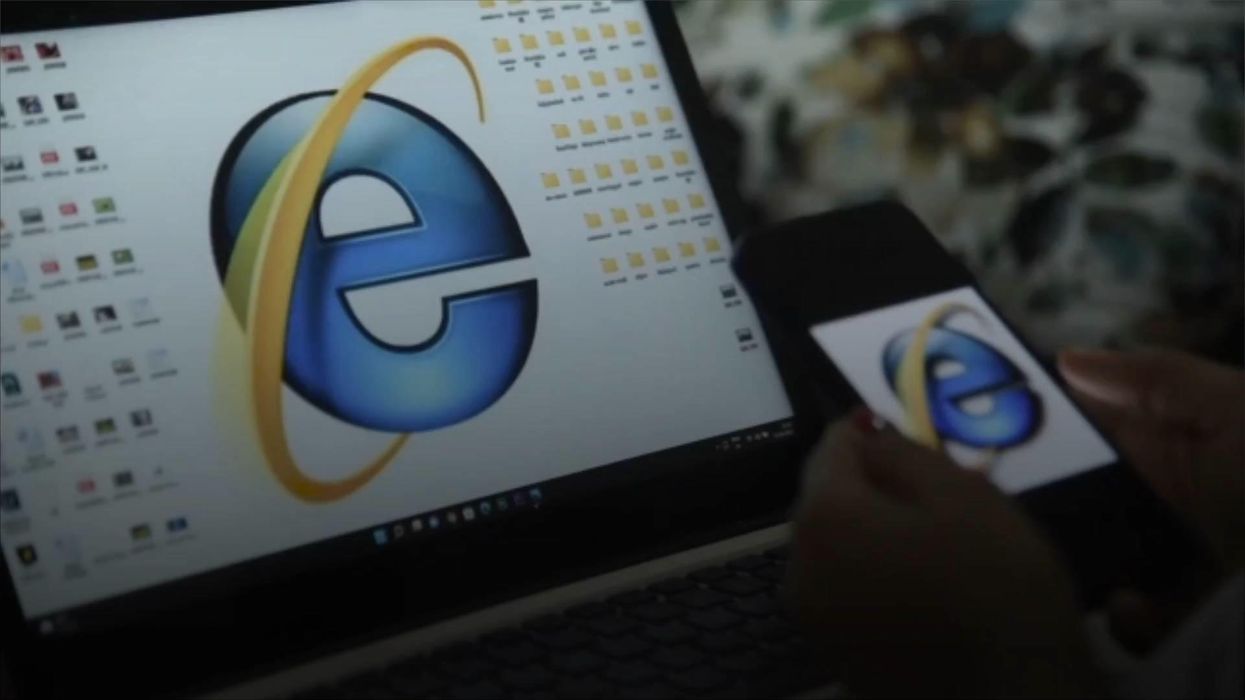Becca Monaghan
Jul 10, 2022
Internet Explorer Has Been Retired After Nearly 27 Years
Independent TV
I'm sure there are many things millennials would like to revive from the late 90s to early 2000s – but dial-up internet certainly wouldn't be one.
Once upon a time, when the internet was still in its infancy (way before 3G, 4G took over, then 5G birthed a wave of conspiracies), people went online by connecting to a phone line.
It was as chaotic as it sounds – especially if you had promised someone you'd be on MSN at a certain time or planned to update your Myspace song.
Dial-up was first available commercially in 1992 by Pipex in the UK and Sprint in the US. The modem was the interface between the desktop computer and telephone line which you'd use to 'phone' the internet. It generally took around 30 seconds to a minute to get online – and that was on a good day.
Before the world was spoiled with lightning-fast connections, a web page would take several minutes to load. To put it into perspective, a 1GB file takes around 30 seconds to download today, whereas, in the olden days, it could take approximately three days.
Sign up to our free Indy100 weekly newsletter
Landline calls couldn't be made while the internet was in use – so if someone in your house needed to make a call, you'd often have to admit defeat and let them have the line.
It wasn't just the tedious chore of actually getting online and hoping no one would interrupt your internet sesh. Oh no. Millennials will remember the infamous dial-up soundtrack of digital hisses and beeps, which signified data being sent and received when connecting to the internet.
Gen-Z, consider yourself lucky:
The Sound of dial-up Internetwww.youtube.com
Thankfully, broadband started taking over the dot com boom. By 2007, half of all internet users had a broadband connection and the widespread popularity allowed costs to plummet, making it accessible to most.
Broadband modems no longer require a dial-up to establish an internet connection. They remained online unless users turned it off.
Despite the endless dial-up niggles, there was still an inevitable buzz about being online. It was still a relatively new concept and millennials were content in knowing they had access to such an exciting phenomenon.
That being said, some things are better left in the past.
Have your say in our news democracy. Click the upvote icon at the top of the page to help raise this article through the indy100 rankings.
Top 100
The Conversation (0)














